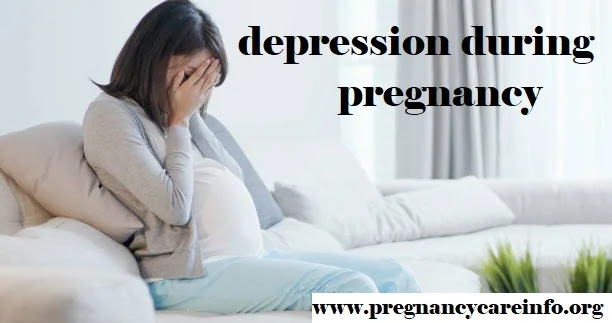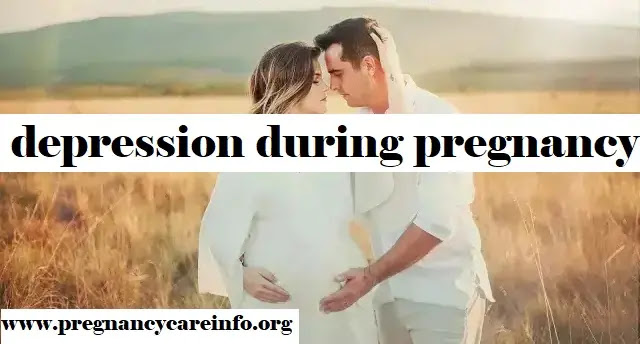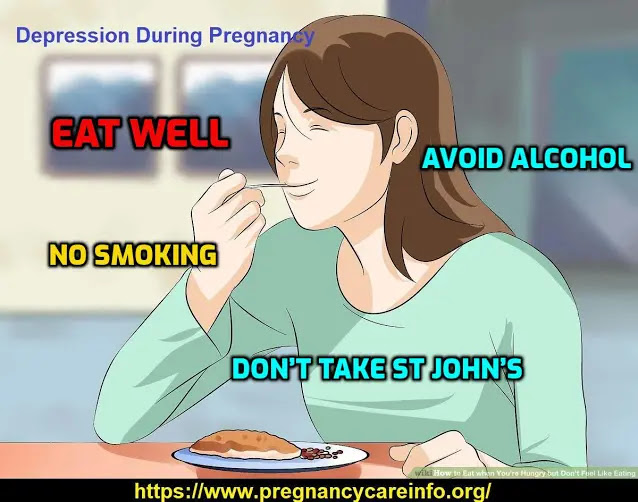What is depression during pregnancy?
Depression During Pregnancy
Depression during pregnancy, or antepartum depression, is a mood disorder just like clinical depression. Mood disorders are biological illnesses that involve changes in brain chemistry.
During pregnancy, hormone changes can affect the chemicals in your brain, which are directly related to depression and anxiety. These can be exacerbated by difficult life situations, which can result in depression during pregnancy.
What are the signs and symptoms of depression during pregnancy?
Major depression is more than just feeling down for a few days. You may have depression if you have signs or symptoms of depression that last for more than 2 weeks. Signs of a condition are things someone else can see or know about you like you have a rash or you’re coughing. Symptoms are things you feel yourself that others can’t see, like having a sore throat or feeling dizzy.
Signs and symptoms of depression include:
Changes in your feelings
- Feeling sad, hopeless, or overwhelmed
- Feeling restless or moody
- Crying a lot
- Feeling worthless or guilty
- Thinking about death or suicide (killing yourself)
Changes in your everyday life
- Eating more or less than you usually do
- Having trouble remembering things, concentrating or making decisions
- Not being able to sleep or sleeping too much
- Withdrawing from friends and family
- Losing interest in things you usually like to do
Changes in your body
Having no energy and feeling tired all the time. Having headaches, stomach problems, or other aches and pains that don’t go away
It’s best if a team of providers treats your depression during pregnancy. These providers can work together to make sure you and your baby get the best care. Your providers may be:
- Your prenatal care provider. This is the provider who gives you medical care during pregnancy.
- Your primary care provider. This is your main health care provider who gives you general medical care.
- A mental health provider. This may be a psychiatrist, psychologist, social worker, counselor, or therapist.
- Your baby’s health care provider. Depression can be treated in several ways. You and your providers may decide to use a combination of treatments instead of just one.
Treatment can include:
Counseling, like CBT and IPT
Support groups. These are groups of people who meet together or go online to share their feelings and experiences about certain topics. Ask your provider or counselor to help you find a support group.
Medicine. Depression often is treated with medicines called antidepressants. You need a prescription from your provider for these medicines. You may be on one medicine or a combination of medicines. Don’t start or stop taking any medicine for PPD without your provider’s OK.
Electroconvulsive therapy (also called ECT). In this treatment, an electric current is passed through the brain. This treatment is considered safe to use during pregnancy. Providers may recommend ECT to treat severe depression.
How can I help myself?
Depression can make you want to hide away from the world and you may feel like you don’t want to do anything. But it is important to make sure you take care of yourself. Start with little activities, take things at your own pace and most importantly, ask for help if you need it. Here are a few ideas for what you can do
Eat well even if you don’t have much appetite.
Avoid alcohol and smoking. This can harm your baby and make you feel worse. Don’t take St John’s Wort (although it can help with depression when you aren’t pregnant, we do not know if it is safe for pregnancy).
For more information watch this video :




